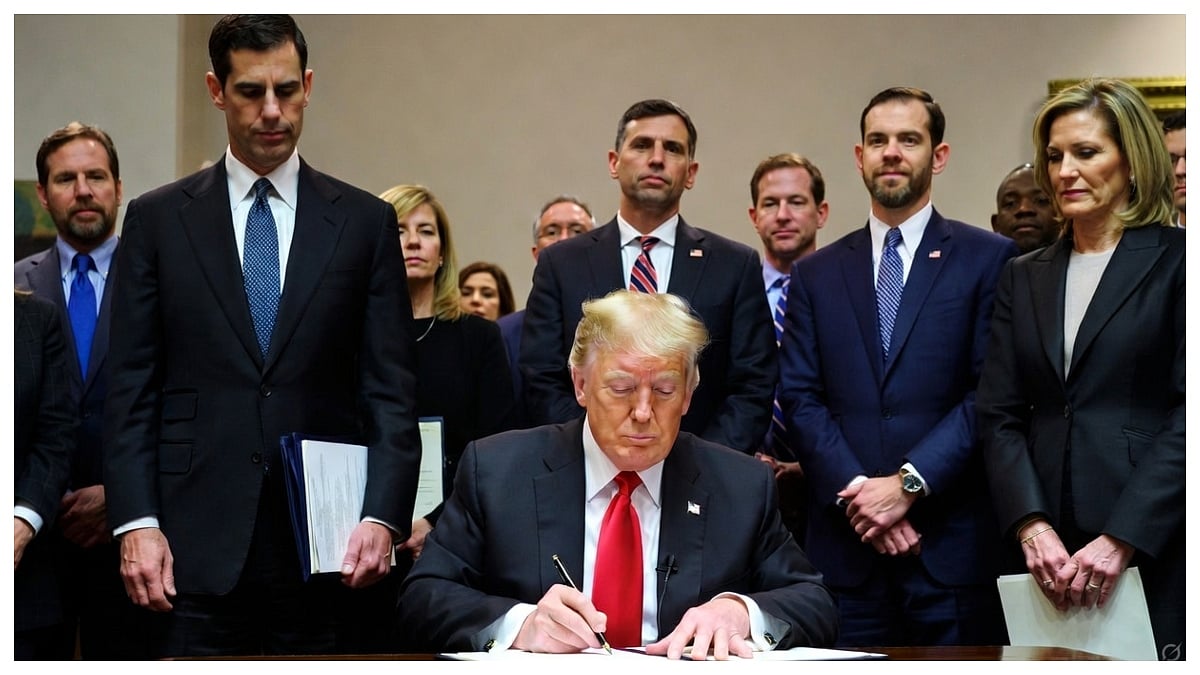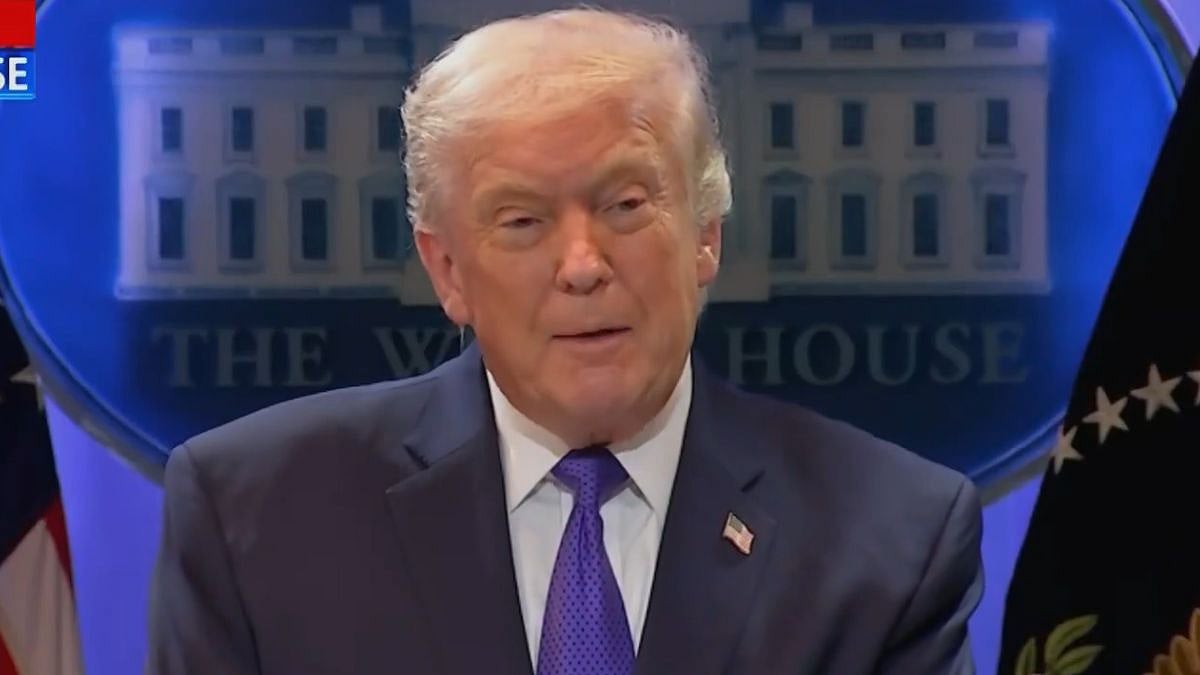Washington: The longest government shutdown in U.S. history has finally ended. On Wednesday night, the House of Representatives passed a short-term funding bill to reopen the government after 42 days of closure. The bill now heads to President Donald Trump for final approval, with a signing ceremony scheduled at 9:45 p.m. (U.S. time) in the Oval Office. Before the vote, House Speaker Mike Johnson urged lawmakers, saying, 'Friends, let’s end this now.'
Why the Shutdown Happened
The U.S. government had been partially closed since October 1, affecting millions of federal workers and key public services. The shutdown began when Senate Democrats refused to approve a spending bill that excluded an extension of tax credits under the Affordable Care Act (ACA), commonly known as Obamacare. These credits help nearly 20 million Americans lower their health insurance costs.

How the Deal Was Reached
After 14 rounds of voting, no agreement could be reached on the original proposal. Eventually, the Republican-majority Senate struck a deal with eight Democratic senators. Under this compromise, Democrats will get a chance to vote on their health subsidy bill in December. Following this agreement, the House passed the funding bill on Wednesday. Once signed by President Trump, the U.S. government will fully reopen.
What’s Included in the Funding Bill
The new bill restores salaries for all federal employees and reverses earlier layoffs. It also continues funding for the SNAP food assistance program, which benefits over 42 million Americans. A new bipartisan budget process will ensure future spending decisions are made with cross-party approval. The bill also limits the White House’s reliance on Continuing Resolutions to manage government funding.
Political Reactions and Warnings
Democratic Representative Rosa DeLauro warned that if Obamacare tax credits aren’t reinstated, 'millions could see their premiums double or triple,' and 'up to two million Americans may lose coverage next year.' Meanwhile, Republican leader Steve Scalise blamed Democrats for prolonging the shutdown, saying they 'held the country hostage for 42 days.'

The Shutdown’s Impact on Gold
Every U.S. government shutdown historically impacts gold prices, as investors seek safety amid uncertainty. During past shutdowns—from 1980 under Carter to 2019 under Trump—gold has typically gained value. The current 2025 shutdown has followed the same trend, reinforcing gold’s status as a safe-haven asset when the U.S. dollar weakens and political risks rise.





